Anyone Growing Perennial Vegetables?
mkirkwag
9 years ago
Featured Answer
Comments (32)
princessgrace79
9 years agomkirkwag
9 years agolilyd74 (5b sw MI)
9 years agoprincessgrace79
9 years agolarry_gene
9 years agobuyorsell888
9 years agolarry_gene
9 years agobuyorsell888
9 years agomkirkwag
9 years agolarry_gene
9 years agowinsorw
9 years agokristincarol
9 years agomkirkwag
9 years agomkirkwag
9 years agoOregonEd
9 years agocedar_wa
9 years agobuyorsell888
9 years agolarry_gene
9 years agocharleney
9 years agoKATER1
9 years agomkirkwag
9 years agogreenelephant
9 years agocharleney
9 years agoT W Lim (z 8a, Western WA)
8 years agoaftermidnight Zone7b B.C. Canada
8 years agogreenbean08_gw
8 years agosphinx_face
8 years agogreenbean08_gw
8 years agosphinx_face
8 years agomkirkwag
8 years agoaftermidnight Zone7b B.C. Canada
8 years agolast modified: 8 years ago
Related Stories
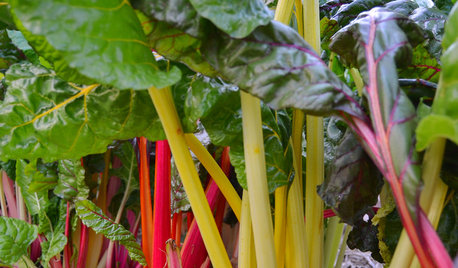
GARDENING GUIDESCool-Season Vegetables: How to Grow Chard
A year-round garden favorite with a colorful stem, Swiss chard comes into its own in early spring and in fall
Full Story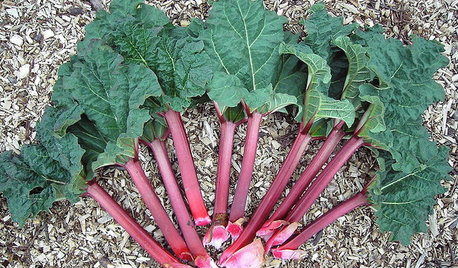
COOL-SEASON CROPSCool-Season Vegetables: How to Grow Rhubarb
This showstopping perennial especially flourishes in the cold of fall and winter gardens, and the proof is in the pies
Full Story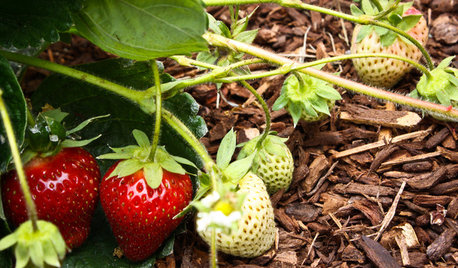
SPRING GARDENINGSummer Crops: How to Grow Strawberries
Pluck your own sweet strawberries right from the garden vine for smoothies, salads or eating then and there
Full Story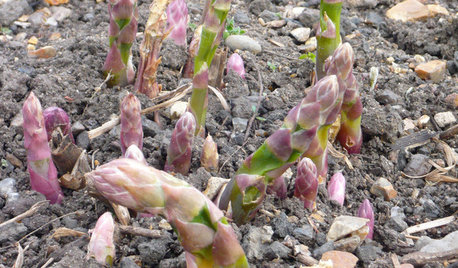
COOL-SEASON CROPSCool-Season Vegetables: How to Grow Asparagus
Patience pays off with this harbinger of spring that lasts for decades in the garden
Full Story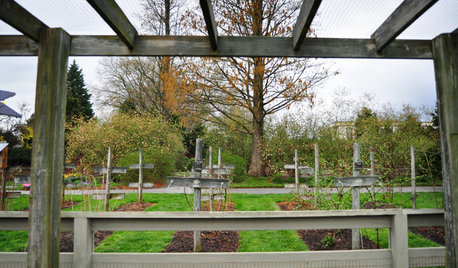
GARDENING AND LANDSCAPINGVegetable Growing Lessons From Longwood Gardens
Get ideas for your own edible landscape from a Pennsylvania showpiece and teaching garden
Full Story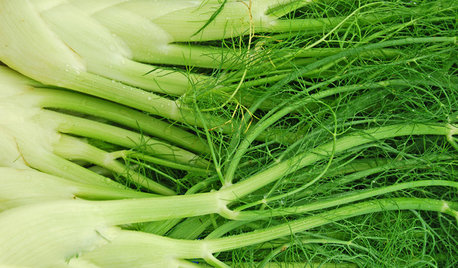
COOL-SEASON CROPSCool-Season Vegetables: How to Grow Fennel
Crunchy and highly flavorful, this herb loves a mild winter or a cool spring in the garden
Full Story0
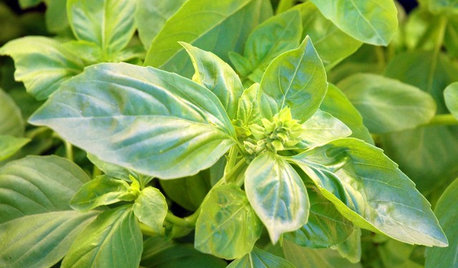
SUMMER GARDENINGHow to Grow Basil
Bright color, quick growth and endless uses for cooking make this summer annual a winner in the garden or a pot
Full Story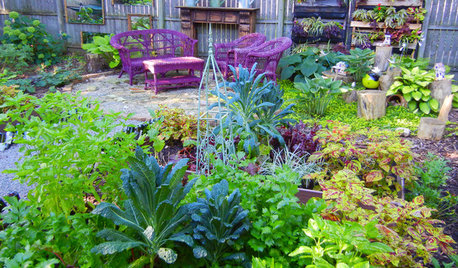
GARDENING GUIDESShades of Vegetable Gardens: Growing Edibles in Less Sun
See how one gardener produces a veritable feast of vegetables and herbs under a canopy of shade
Full Story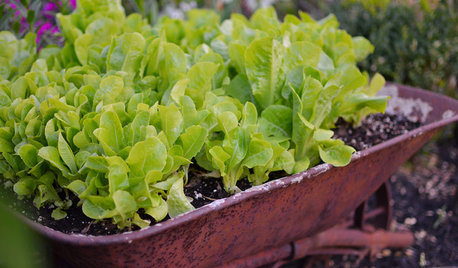
FARM YOUR YARDCool-Season Vegetables: How to Grow Lettuce
Leaf, butterhead, crisphead or romaine — lettuce is best harvested in the cool weather of spring and fall
Full Story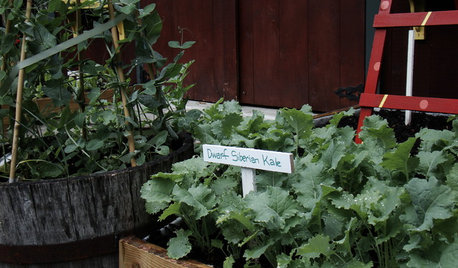
EDIBLE GARDENSCool-Season Vegetables: How to Grow Kale
This leafy green superfood is also a superhero in the garden through fall chills and winter snow
Full StorySponsored
Custom Craftsmanship & Construction Solutions in Franklin County
More Discussions






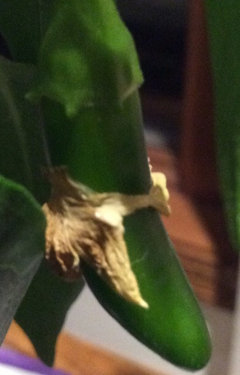


larry_gene